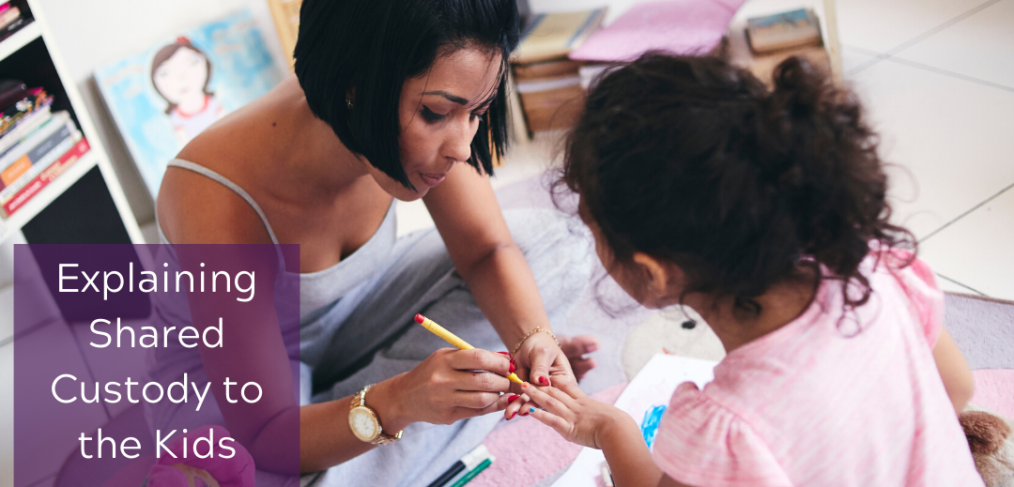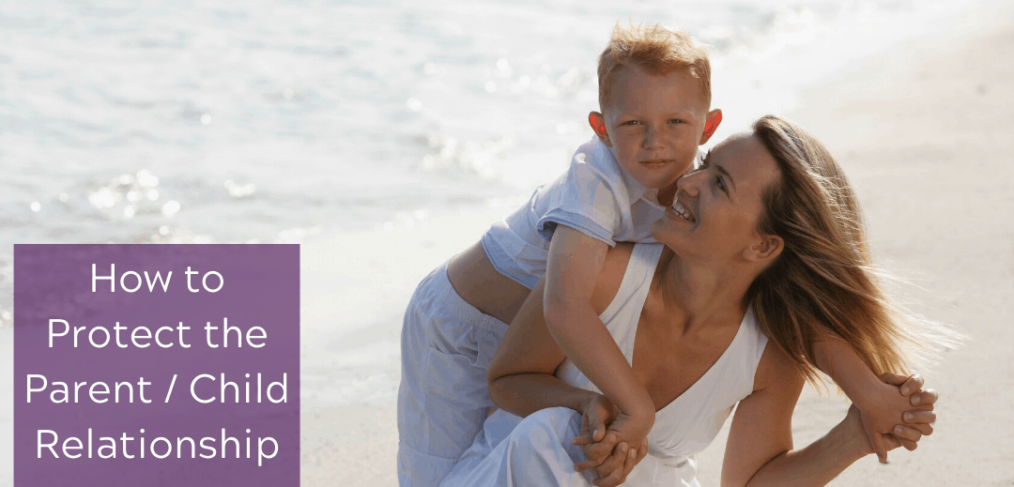The woman sat in her car. I don’t want to go to walk into my parents’ house. I don’t want to answer questions about my divorce.
One of the first things we often dwell on when we are faced with divorce are all the things we won’t be able to do as a family anymore. We remember camping trips, sports practices and games or visits with family and friends. But, we can focus our attention on the more positive angle. As a newly divorced Mother, you are given an opportunity to recreate and reconnect within the parameters of your new family dynamic.
Starting over after divorce is not for the faint of heart. It takes courage and persistence to redesign your life as a divorced mom! However, by focusing on your three Ps (Purpose, Passion and Planning) you will have the tools you need to get clear and confident about writing the next chapter of your life.
When the court awards shared or joint custody during a divorce settlement it means that the children will divided their time between both parents. Once this has been determined the parents will need to work through the details and logistics of works, school, sport and other schedules.
As parents, you will also need to explain the situations to their children. Here are some tips from www.parents.com that can help parents going through this situation.
When transitioning from married to divorced it is sometimes necessary to go through periods of waiting. Our expert guest blogger reminds us the importance of setting that burden aside while protecting the relationship that each of us has with our children.
“We’re staying together until the kids are out of the house.” It’s the excuse many struggling couples make as to why they stay together in the face of relationship disaster. The sentiment behind the statement is admirable: “We will forge through this adversity so that our children will have a stable and strong home life.”
Empowerment is one of those words that’s often tossed around, but not many people know what it really means. Consider empowerment to be an individual process, a journey or path you take in order to achieve desires and fulfillment.
Divorce has a major impact on a family in many ways, especially when children are involved. So how do you know if your child is doing “OK” with the divorce?
This article from www.familyshare.com provides a list of 10 signs for you to know if your child is handling your divorce in a positive way.
Divorce is almost never easy, even when both parties agree it’s time to part ways. But what about when the request to dissolve the marriage takes one half of the couple by surprise? When one thought everything was fine and suddenly finds him/herself staring at divorce papers? What’s the best way to handle a divorce that you didn’t see coming, and certainly don’t want?
Single parenthood has lots of examples to follow, because single-parent families are more common than ever. Currently, there are 10 million single moms, keeping up with the demands of work, home and personal life–single-handedly.










